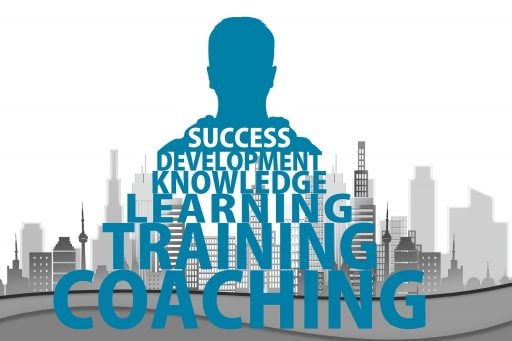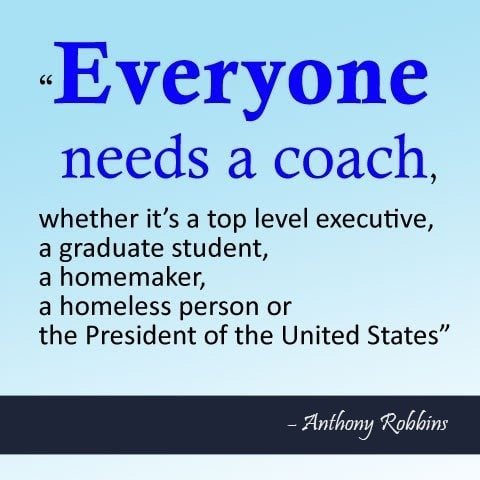Jun 24, 2019 in Coaching
What have Aesop's Fables Got To Do With Job Seeking?
In this short article, Matt discusses how to use stories and case studies to sell yourself in the job market.
It's your turn now! Let's support each other by clicking "Helpful".
+1

DISCUSS #Relationship
DISCUSS #Parenting
Many job seekers are uncomfortable boasting about their achievements on their CV and in interviews. This point alone holds manyjob seekers back. Unfortunately, the job market requires job seekers to crow about their achievements so that a potential employer has evidence that you are good at your job and can add value.
This article will explore some ways of writing about your achievements that doesn’t feel quite so uncomfortable. It will also provide you with a powerful blueprint to transform your CV / resume from a boring list of tasks into a powerful and evidence-based business case that explains why someone should hire you.
Personally, I’m a big fan of analogies and framing a message by using stories and anecdotes. This probably stems from a tendency to become rather bored with my own voice and constitutes an attempt to keep myself interested as much as anyone else, but I also believe that it keeps my message from slipping into the dry and rather boring space.
Add to myWE:
This general strategy can and should also be adopted by job seekers, who are selling their skills and experience to potential employers. Let’s face it, CVs / resumes and the like can be rather dry and boring, so anything that makes them less so is a good thing.
Of course, we don’t want to move too far away from acceptable conventions, so using tried and tested methodologies from the world of marketing isn’t a bad place to start.
My favourite marketing technique that can be used in CVs / resumes is a case study. Any Marketeer will tell you that they are incredibly powerful tools for walking a potential client through a piece of work to convince them of the company’s abilities and track record. We see them on websites, in brochures and in proposals - written in the right way, they have huge impact.
They work because the message can be framed with more context. They are also less challenging to write if you are prone to modesty as they are squarely based on fact rather than braggadocios superlatives.
As an example (another one of my an anecdotes), I have a young son who in all fairness is very well behaved and is as honest as they come (apart from when he is telling me how much his Pokémon cards are worth), but if he ever did transgress into telling the odd fib, I have two choices; reprimand him, tell him he shouldn’t lie and send him to his room without access to any electronic devices for an hour or so…..or sit him down and read him the good old Aesop’s Fable, The boy Who Cried Wolf.
Now I’m sure that being banished from his iPad for an hour would certainly pinch, but framing my message about the pitfalls of lying through a story is so much more powerful (and perhaps backed up by the concern of being eaten by a wolf).
The same applies to selling yourself; you could tell a potential employer how wonderful you are, but writing a case study that frames and evidences your abilities and track record is always going to be more powerful. It’s also more comfortable to write.
I would recommend using the STAR framework for writing your case studies (Situation, Task, Actions, Result). Keep them to six lines only and have three of them on page one of your CV. I would also suggest having a whole portfolio of them and each time you apply for a role, copy and paste the best and most relevant three onto page one.
Here’s an example from my CV:
ERAC acquired an unprofitable competitor in the South of England that required transformation. Appointed as Operations Manager to re-brand the business, embed the ERAC business model and drive profitability. Performed top-to-bottom review of business; exited underperforming staff; recruited new team; trained new and existing staff; oversaw office refurbishment; introduced radical changes to commercial model (7-day p/w operation); and led extensive business development activity. Succeeded in re-branding the business, eradicating loses of £10k per month and achieving profitability within just 6 months.
Whatever your professional background and key achievements, this methodology can be applied to frame and showcase impressive and relevant pieces of work that you have delivered. By doing so, you are providing real-life evidence of your talents and abilities that transform your CV from a list of task-based bullet points into an evidence-based business case.
If you would like to discuss your CV or LinkedIn profile, please send them to us for a free review using this link: https://cvandinterviewadvisors.co.uk/jobseeker/6













 Thank you for your help!
Thank you for your help!